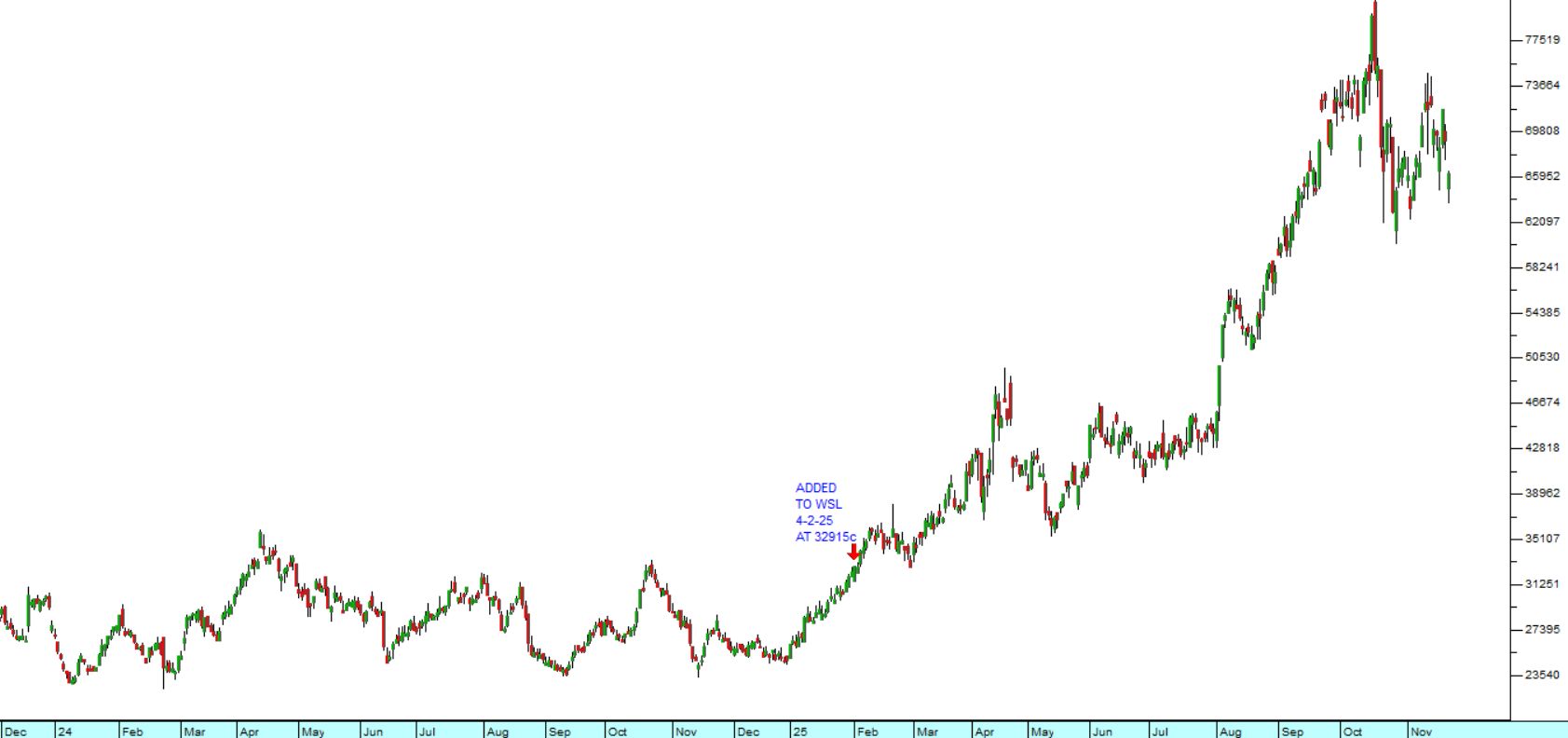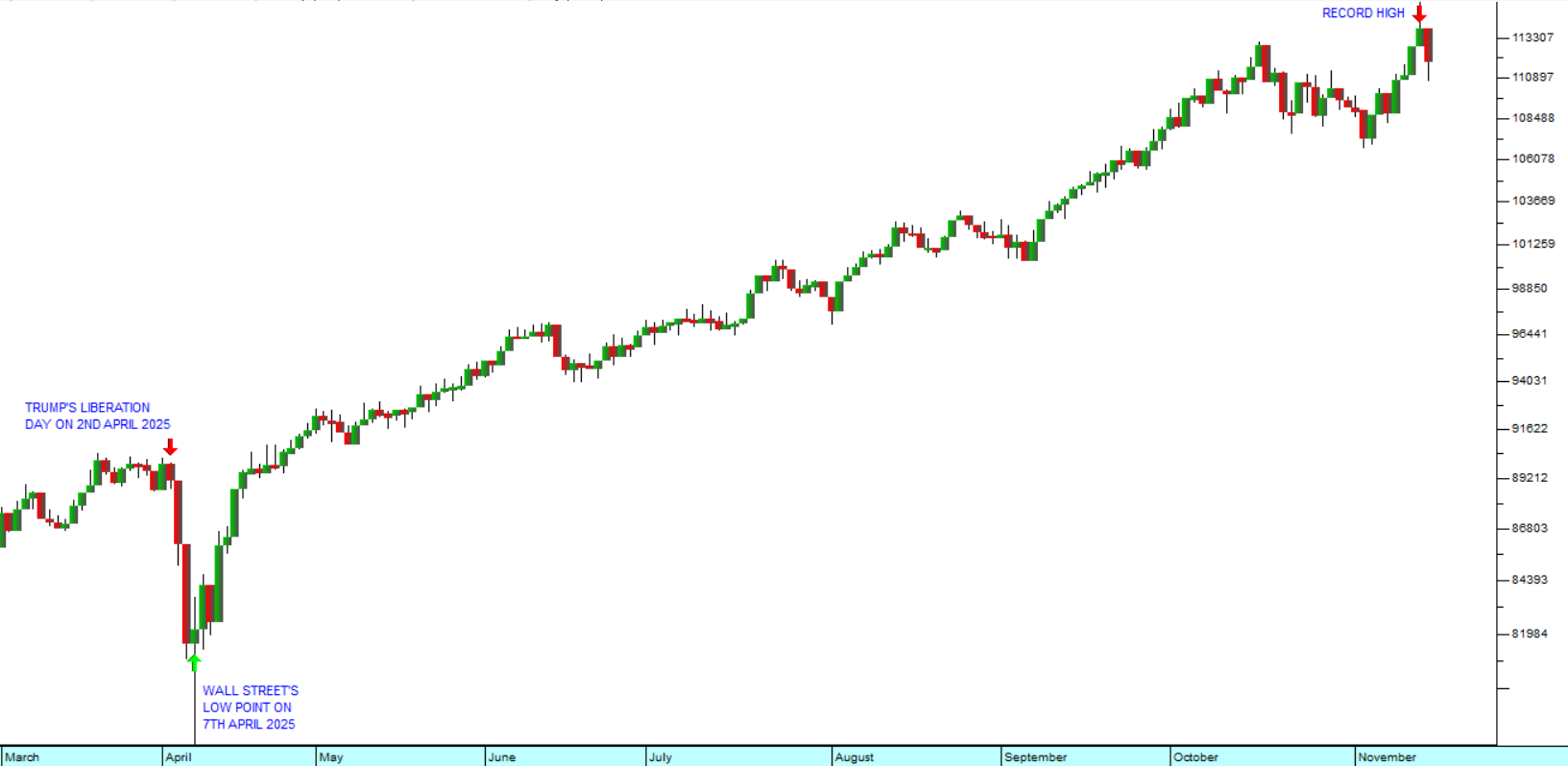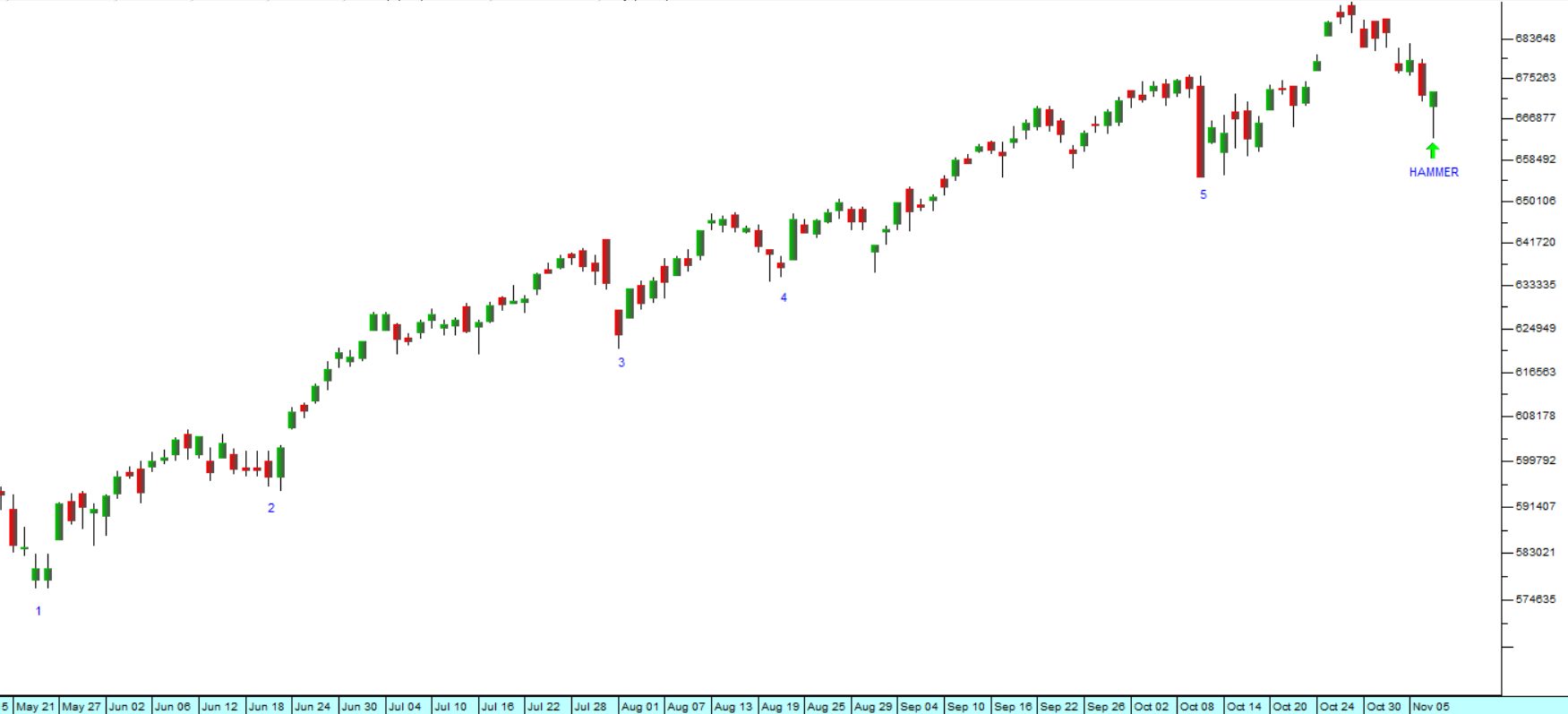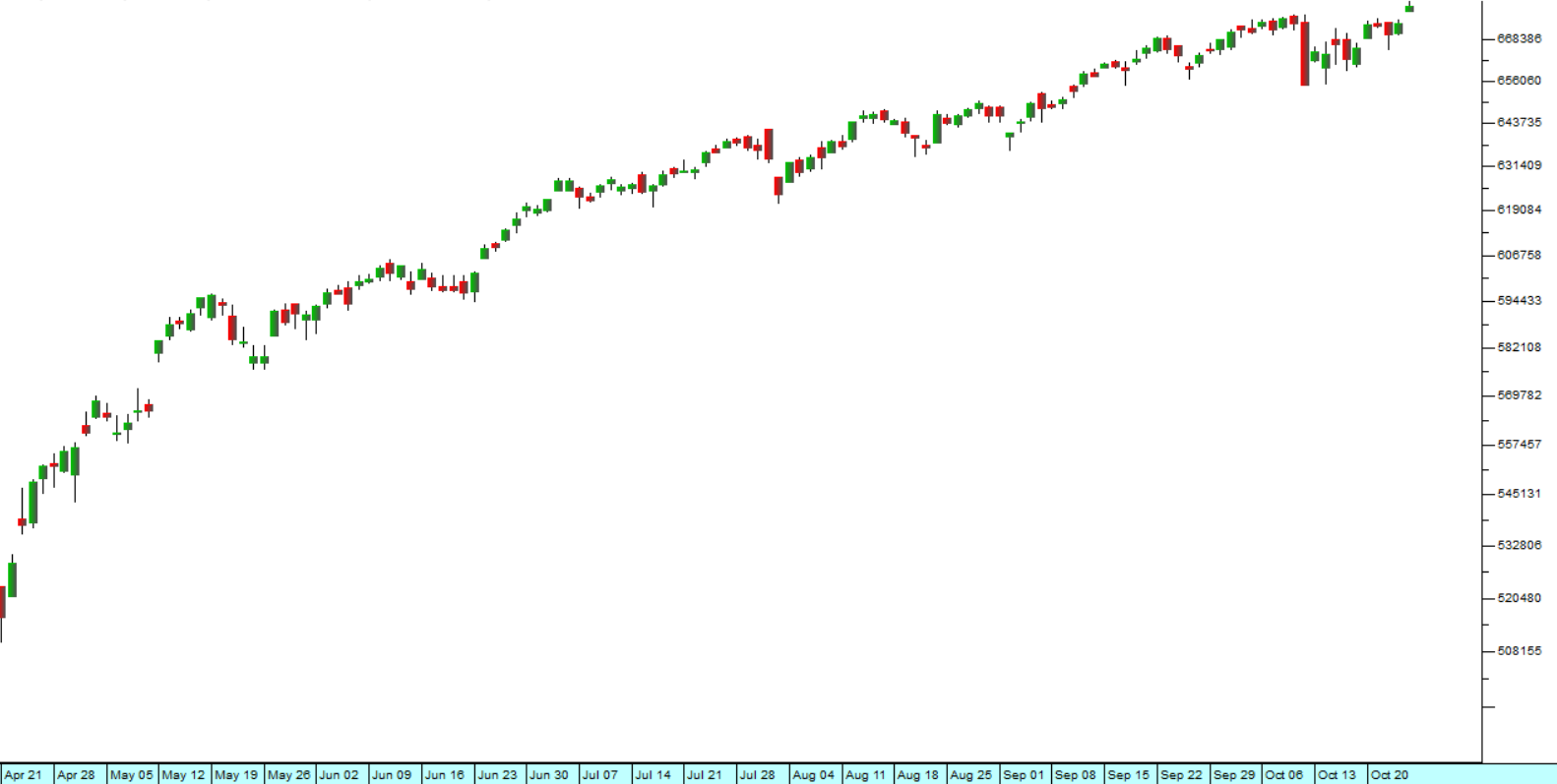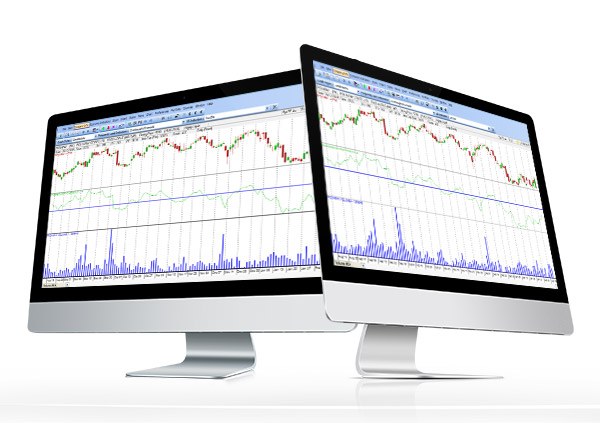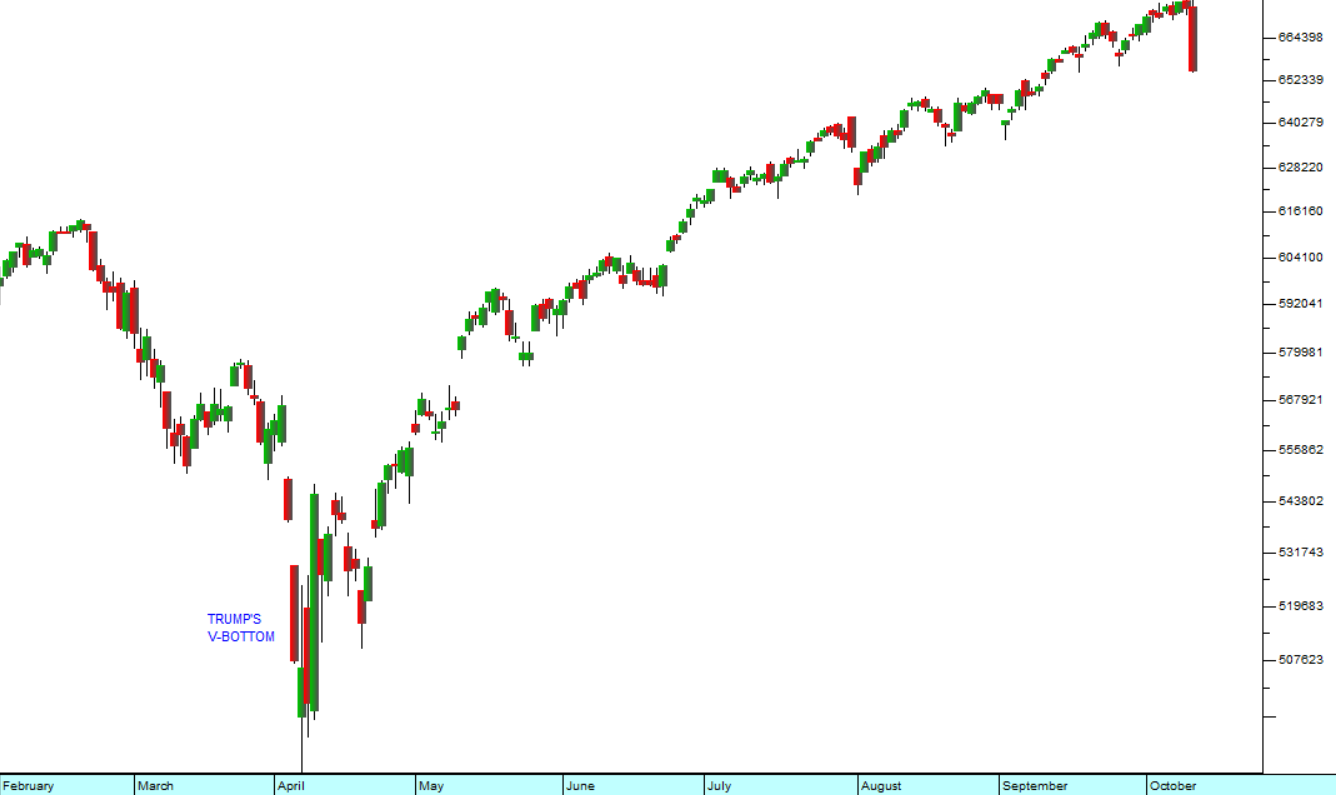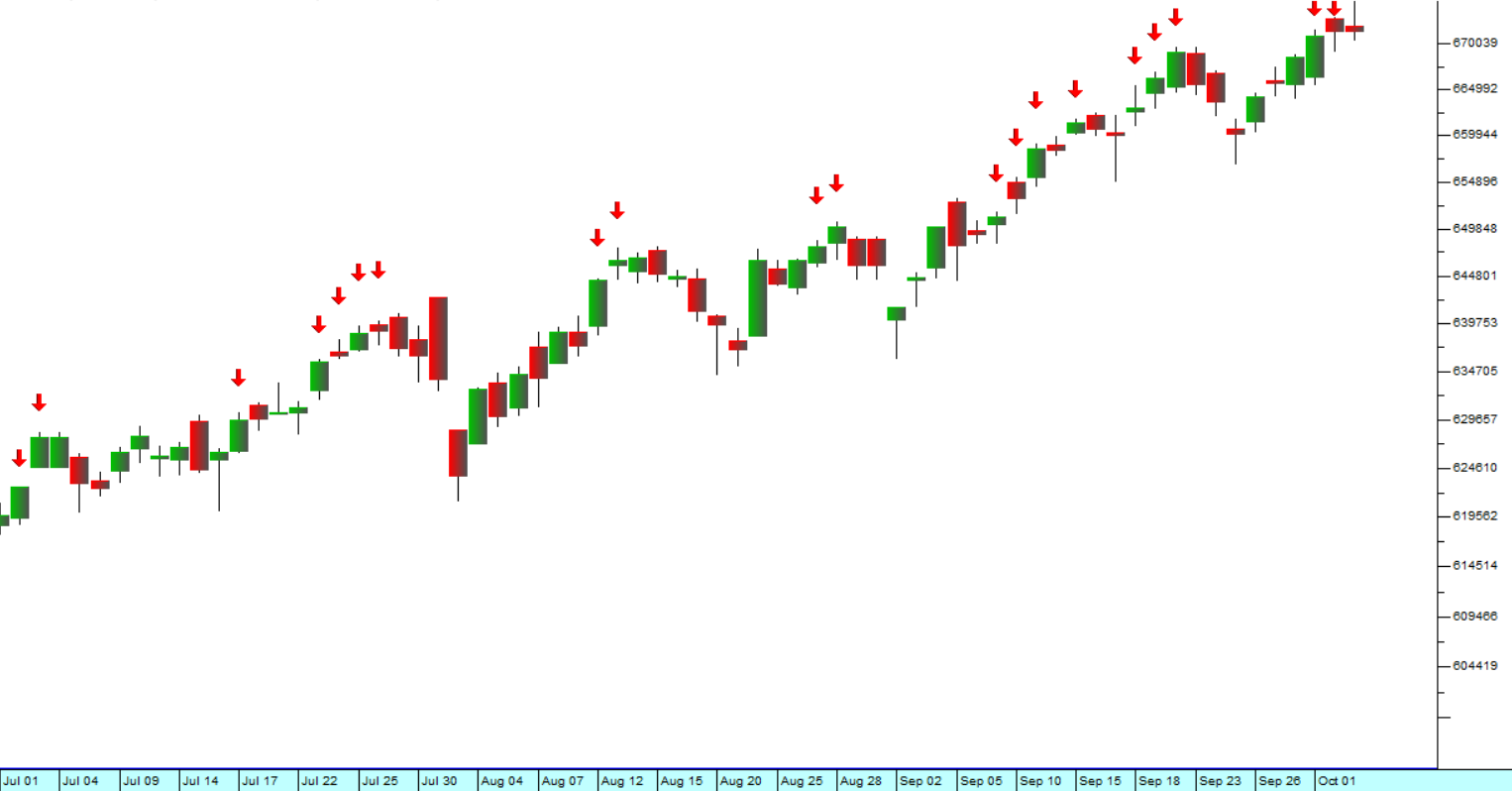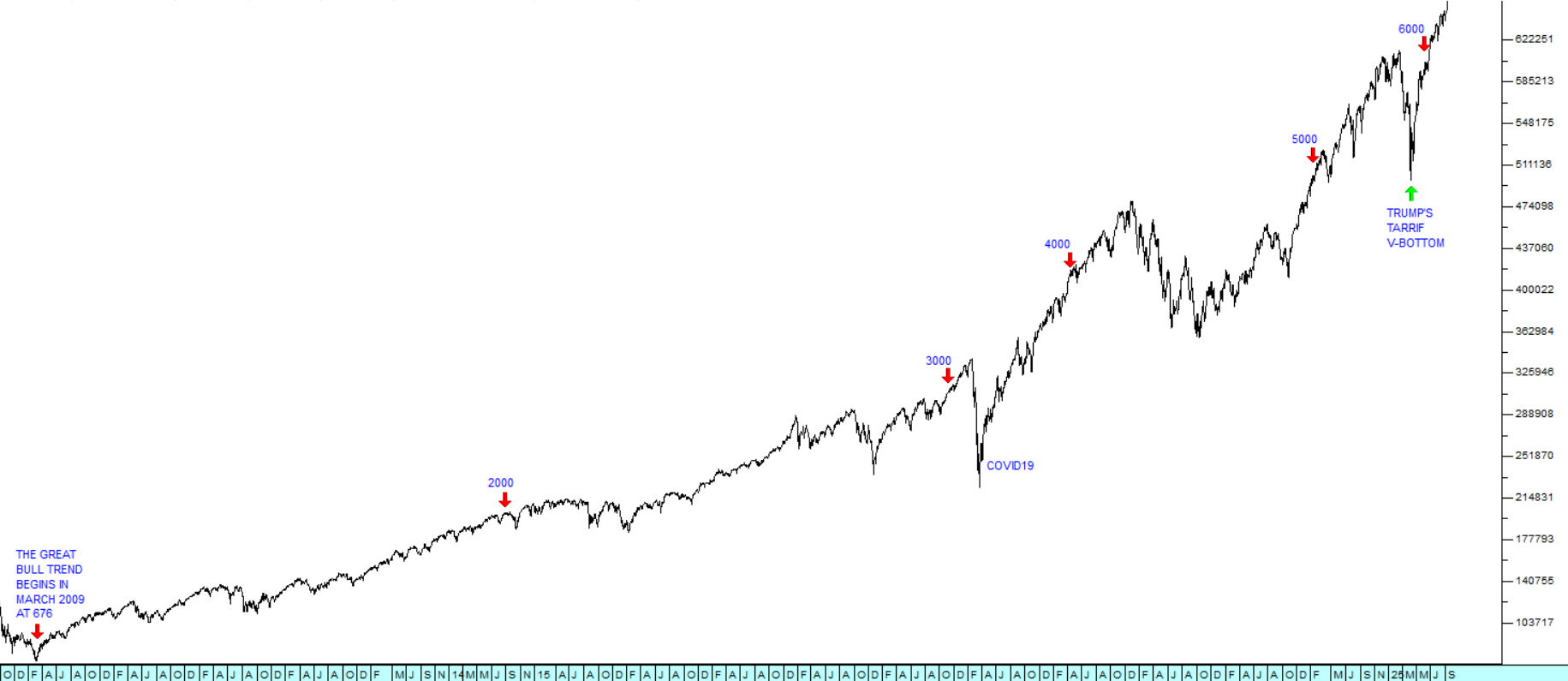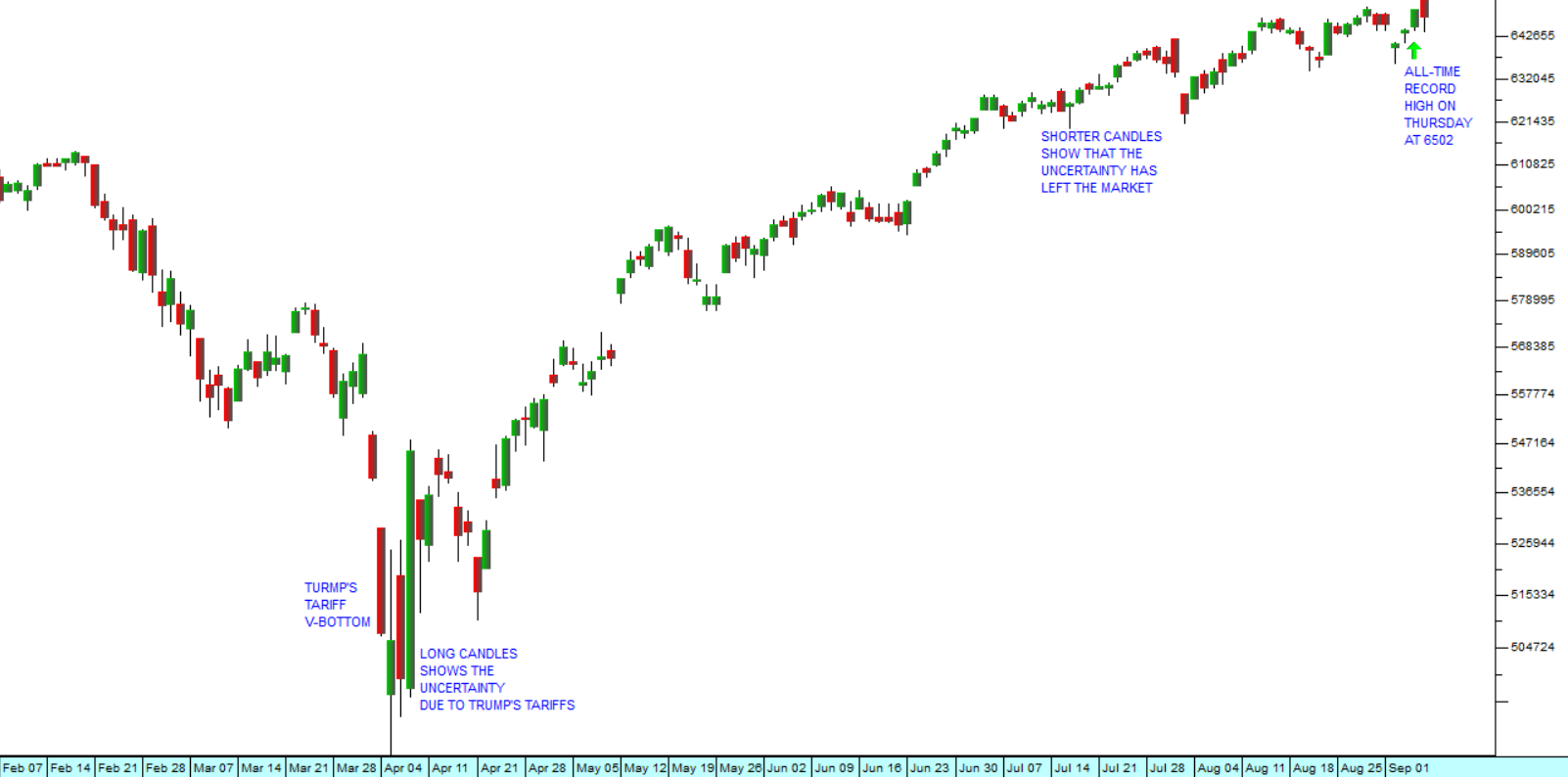Karoo
13 January 2025 By PDSNETIn April 2018 – nearly seven years ago – we wrote an article about Cartrack. At the time we suggested that it was the ideal investment for private investors because it was a service company with debit order income and almost no working capital that was growing rapidly both locally and internationally. At the time the share was trading for just over R18.
Three years later in April 2021 the company was folded into a new listing called Karoo and by that time it was already trading at R500 per share. So, Karoo owns 100% of Cartrack and 74,8% of Karoo Logistics.
We added it to the Winning Shares List (WSL) on 26th November 2024 at R760 and it has since gone up to where it closed on Friday at R924.50 – a gain of 21,7% in 45 days.
Consider the chart:
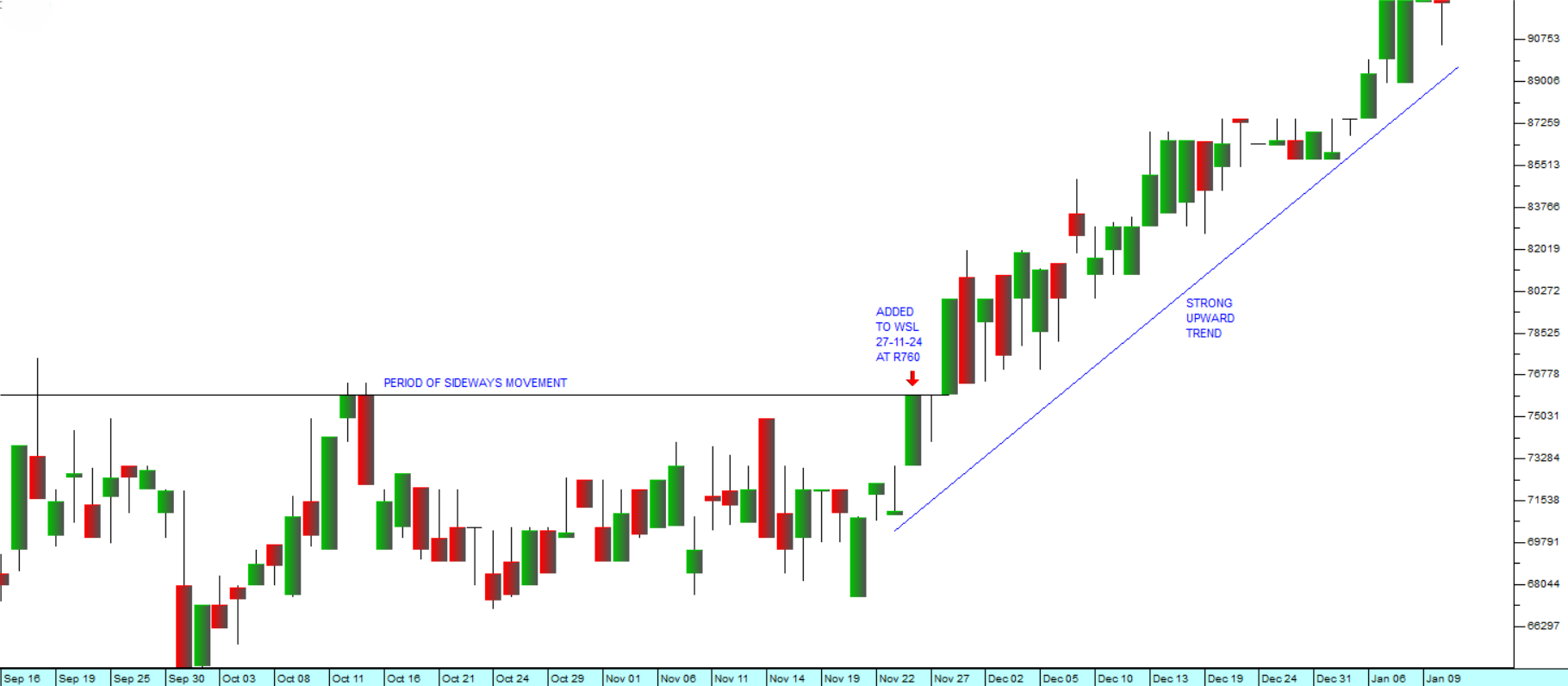
As you can see, the share was moving sideways for about three months between September and November 2024. When it broke up on 27th November we added it to the WSL and it has been performing very strongly since then.
In its most recent financials for the six months to 31st August 2024 the company reported earnings per share (EPS) up 31% to 735c. The company reported subscription revenue up 15% in rands and 22% in US dollars. The company added 89168 new subscribers to reach a total of 2 136 610 subscribers. This is a 17% growth in just six months.
Cartrack’s operating profit rose by 16% and Karoo Logistics saw operating profit growth of 20%. The CEO, Zak Calisto, said of the second quarter:
“We delivered another strong quarter of profitable growth in the second quarter. Importantly, we recently completed the move to our newly built central office in South Africa, which positions us to support higher organic growth in the region. In addition, we started to increase our investment in sales and marketing in Southeast Asia to capitalize on the compelling growth opportunity for the group in the region.”
Clearly, this is one of those rare investment opportunities which offers private investors an excellent and almost risk-free opportunity to make significant long-term capital gains. The company is gaining recognition internationally as a powerful service business with almost unlimited “blue sky” potential. Overseas institutions are getting involved as can be seen by the rise in the average daily volume traded to R4,2m.
An investor who read our original article in April 2018 would by now have seen his/her capital increase thousands of percent. In addition, the company generally pays out good and rising dividends every year. We expect the growth to continue both locally and internationally.
DISCLAIMER
All information and data contained within the PDSnet Articles is for informational purposes only. PDSnet makes no representations as to the accuracy, completeness, suitability, or validity, of any information, and shall not be liable for any errors, omissions, or any losses, injuries, or damages arising from its display or use. Information in the PDSnet Articles are based on the author’s opinion and experience and should not be considered professional financial investment advice. The ideas and strategies should never be used without first assessing your own personal and financial situation, or without consulting a financial professional. Thoughts and opinions will also change from time to time as more information is accumulated. PDSnet reserves the right to delete any comment or opinion for any reason.
Share this article:
